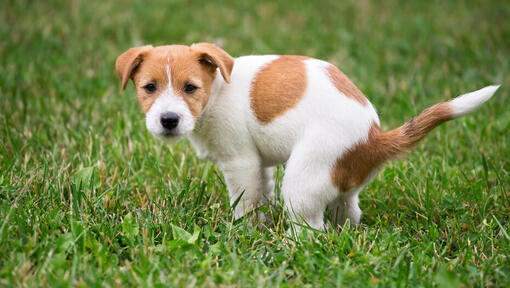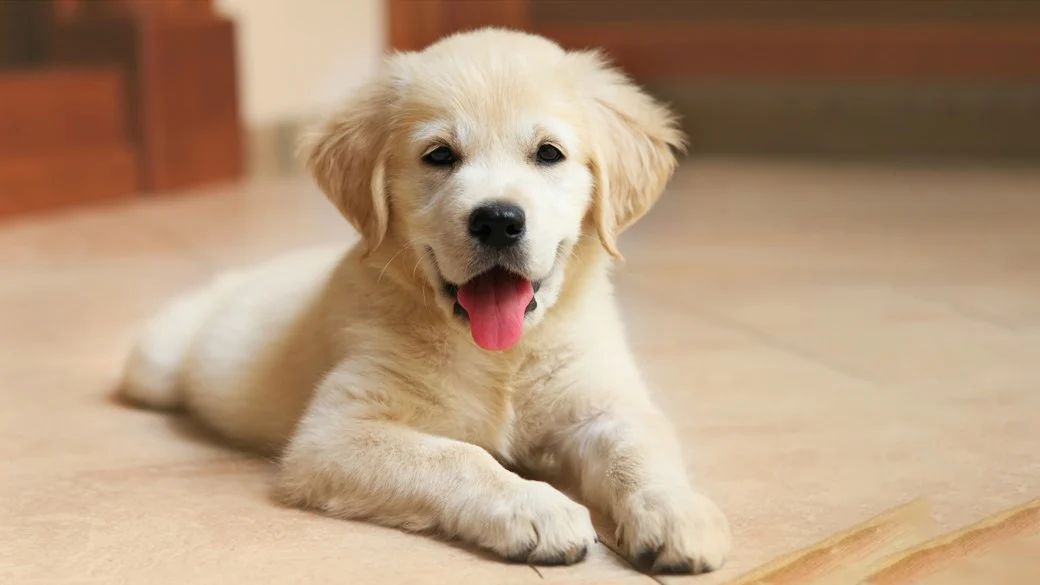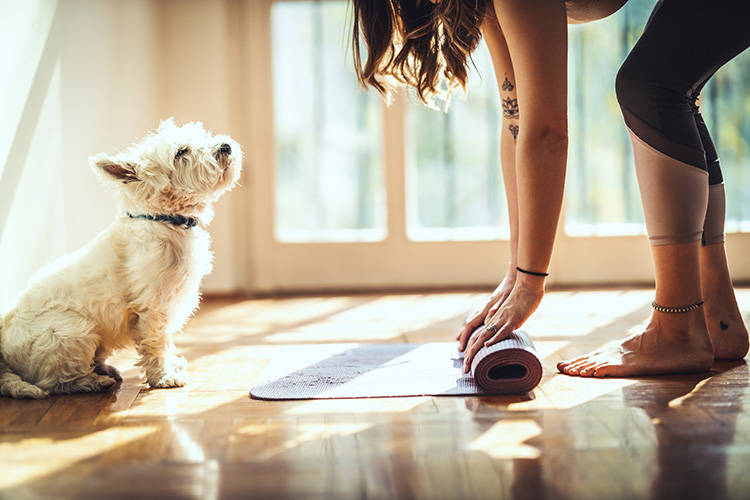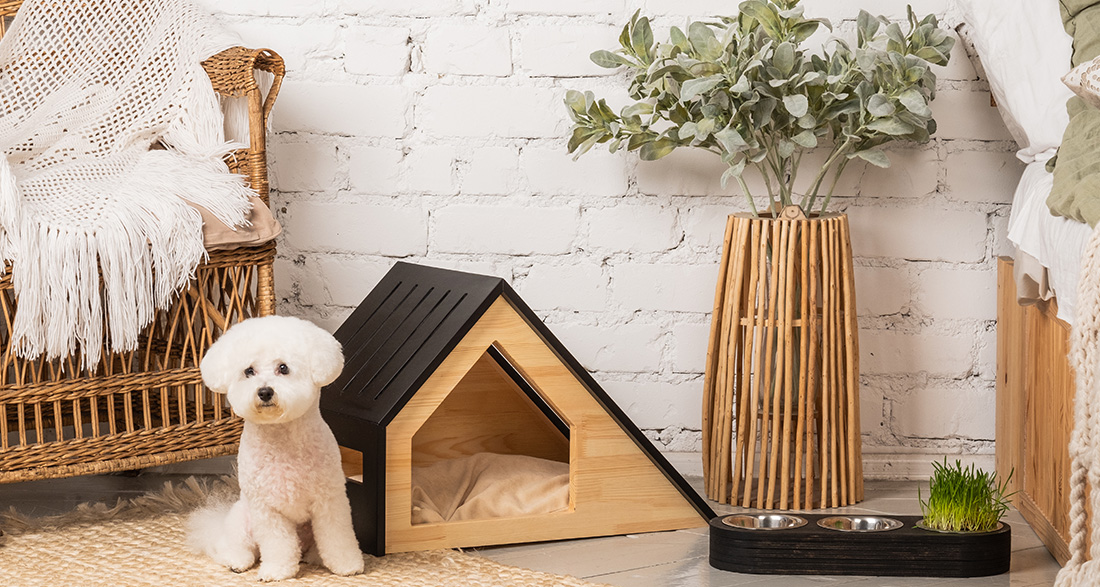When a young dog enters your home, one of the first tasks for the new owner is house training. Concurrent with other aspects of training, the puppy learns not to relieve itself inside the house. Here, you’ll find the best approach, how to handle small accidents, and how to understand your dog.
First Steps to a House-Trained Puppy

House training a puppy is generally a task that spans several weeks or months. The speed at which the young dog learns to relieve itself outside and, most importantly, to signal when it needs to go varies for each individual.
In most cases, a dog can control its urges from around four months of age. From that point on, targeted training is advisable. However, even before that age, it’s essential to take the puppy outside frequently to get it accustomed to relieving itself outdoors.
Tip:
When the puppy arrives fresh from the breeder, be prepared for a few accidents indoors. Remove expensive carpets and protect wooden floors.
How do I proceed if I want to house train my puppy? Here are some basic rules:
- Regular outings: A small dog should get outdoor exercise at least every two hours. This provides numerous opportunities for it to relieve itself outside.
- Rewarding: Every time the puppy does its business outside, immediately give it a treat. This helps associate outdoor relief with a positive experience.
- Don’t go back inside right away: Dog trainers recommend staying outside for a moment after the dog has relieved itself, perhaps taking a short walk. This prevents the dog from forming negative associations with the act.
Did you know?
Dogs are naturally clean and strive to keep their sleeping area tidy. This makes it possible to train them to relieve themselves outside.
How do I know when the dog needs to go out to pee?

A puppy needs to relieve itself several times a day. Therefore, plan sufficient time for training in the first few weeks. It’s best if the puppy is rarely left unattended so that someone can always respond and take it outside when needed.
But how do you recognize that the puppy has a certain urge? These tips help in house training the puppy:
- Sniffing the ground: When the puppy is sniffing the ground with its nose as if searching, it’s high time. It’s likely looking for a suitable spot to do its business.
- After waking up: If the dog has been sleeping, it almost always needs to go.
- After eating: Also, after a meal and after drinking, many animals feel the urge.
- Restless wandering: If the animal is walking around the room without visibly playing, it’s time to take it outside.
- Playing and romping: Intensive movement stimulates bowel movements.
Tip:
There are convenient bags for waste and treats. Keep them readily available next to the door.
When will the puppy be house-trained: Duration and Progress
Night after night and day after day, you diligently practice with your dog, and now you might be wondering: How long does it take for the puppy to be house-trained? As always with animals and their individual characters, there is no universal answer. Some puppies learn to be house-trained in the first few weeks, while others may take a few months.
If you consistently train, the first successes should be noticeable soon. Over time, you can start extending the intervals between walks. It’s good to know that many dogs need to go at a similar time. As the animals age, they also develop a desire to be let outside to relieve themselves. Pay attention to the signals your dog sends you. Barking, running to the door, and whining can be signs that the puppy wants to go outside quickly.
Sleepless nights? House training at night

It may take some time for puppies to sleep through the night while being house-trained. Expect that the little one may need to go outside during the first few nights when it wakes up and leaves its sleeping place.
If you sleep in the same room as the dog, you will probably wake up. In this case, it’s helpful to have shoes, a flashlight, and a jacket ready.
Back to sleepless nights: When do puppies sleep through? Depending on the breed and the individual dog, this may happen as early as four months. If your dog sleeps peacefully in its basket from evening to morning after about six months, that’s also entirely normal.
What to do if the dog still relieves itself indoors despite walks?
In the first few weeks, accidents indoors, despite outdoor walks, are quite normal and should not be a reason for punishment. Remove the mishap silently and take the puppy outside.
In general, the dog does not relieve itself in the house out of spite or to get back at its owner. Rather, there are other reasons. One could be that your puppy is too excited during the walk around the block to focus on doing its business. There’s always something exciting to sniff and discover.
Do you recognize your dog in this? In such cases, there are two simple tricks. First, see if the dog does its business or not. Therefore, stay outside until it happens. Also, avoid too many stimuli. A calm path with green strips is ideal for the walk.
By the way, you can also teach your dog to relieve itself on command. Always speak a command when the puppy does its business in the right place. Over time, it learns to do its business on command, which can be practical, for example, before car rides.
If your dog constantly has the urge to urinate, and only a few drops come out, it could also be due to an illness. Discuss this with your veterinarian. In case of emergencies, it’s also advisable to set up a puppy toilet in the house.


